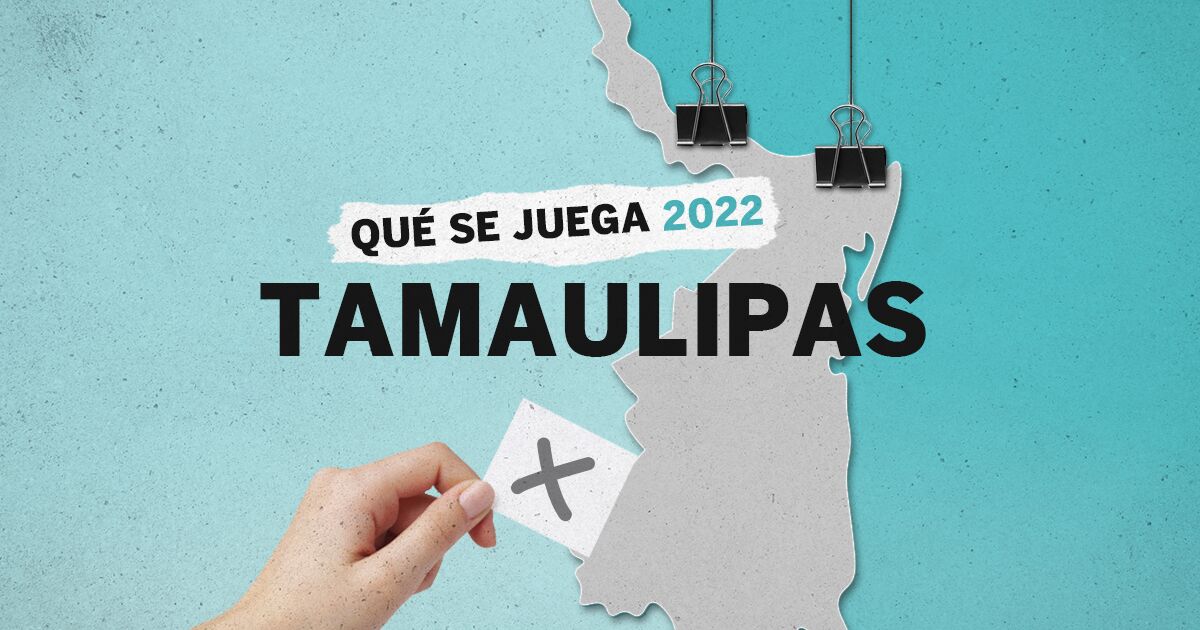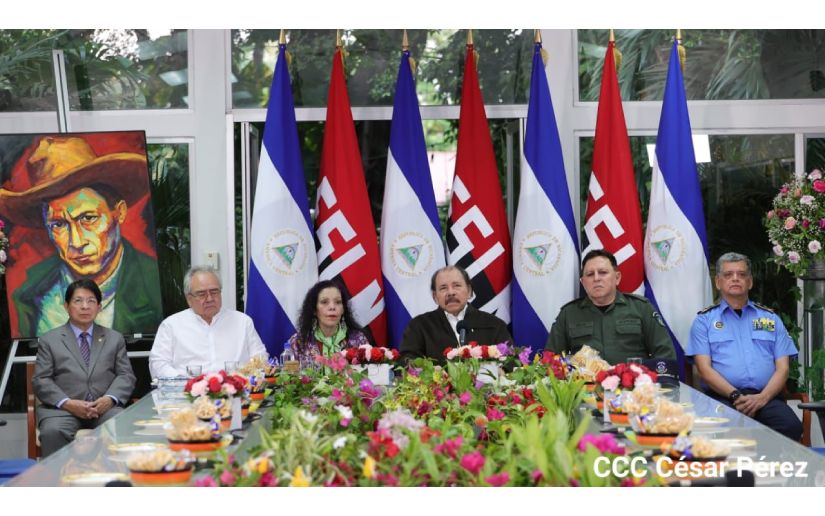Organized crime, homicides and disappearances
The political tension with the federal government is not the only relevant factor in the entity that, although it is no longer in the first places of intentional homicides at the national level, faces a crisis of disappearances and concentrates important disputes between organized crime groups.
Specialists consulted by Political Expansion They agree that the main challenge for the next administration in Tamaulipas is the fight against organized crime and, in turn, the reduction of insecurity, something that neither the PRI nor the PAN have achieved.
According to the researcher from the Department of Cultural Studies of El Colegio de la Frontera Norte (El Colef), José Andrés Sumano, the violence in Tamaulipas responds to the spraying of criminal groups that fight for control of the territory. Four cells of the Gulf Cartel (Los Metros, Los Ciclones, Los Rojos and Las Panteras) and two of Los Zetas (Los Zetas Vieja Escuela and the Cartel del Noreste) currently operate.
“There are more than six criminal groups disputing the territory, the routes that the drug trafficking businesses carry with them, today dominated by fentanyl and methamphetamine, but also the migrant smuggling businesses, particularly that area because it is a very used by migrants,” he says.
Pedro Alonso Pérez, a doctor in History from UNAM and a professor at the Autonomous University of Tamaulipas, points out that the situation of violence generated by organized crime groups has been developing since the 1940s with one peculiarity: illicit activities are from “inside to outside”.
“Tamaulipas is part of the main routes for the transfer of drugs, human trafficking and other crimes. In this state, organized crime originated and has developed from within, that is, from the government apparatus itself and from the authorities that would have to combat it, and not like in other border states, where crime has entered from abroad,” he explains.
In the administration of Cabeza de Vaca, from October 2016 to March 2022, Tamaulipas has registered 4,708 intentional homicides, according to figures from the Executive Secretariat of the National Public Security System (SESNSP). Most of these events are related to clashes between organized crime groups.








